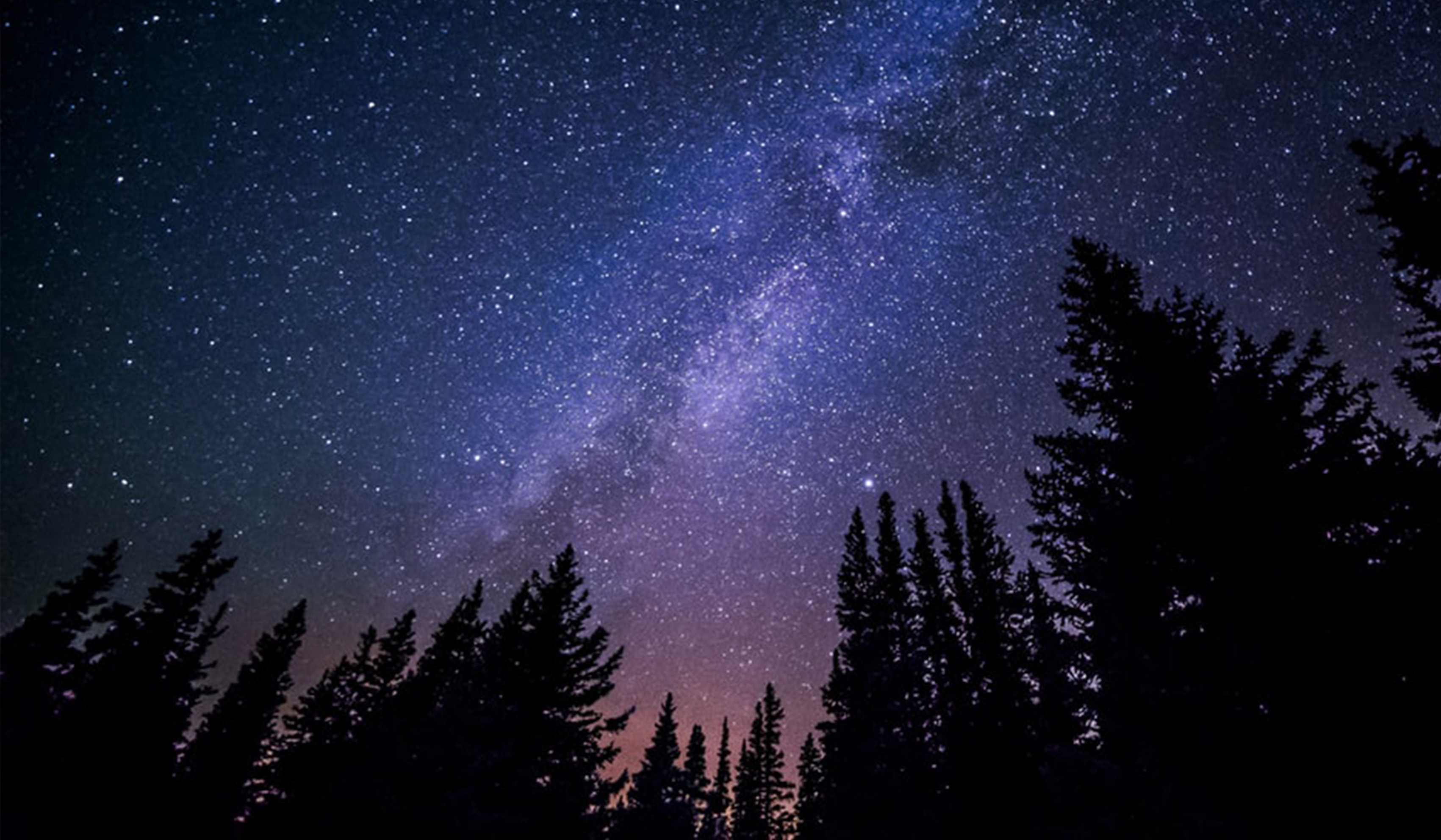
In a newly-published article in the journal ACS Photonics, the researchers describe how to apply the basic process for energy generation that exists in a normal solar panel — but in reverse. Munday and Deppe say the process could generate up to 25% of the electricity at night that solar panels do during the day — and the team is now working on prototypes to make the process fully operational.
The breakthrough is based on the process for how a photovoltaic cell works: A hot object will radiate heat as infrared light to cooler objects. A solar panel, for being colder than the sun, will absorb its lights and then convert it into power. Here, the researchers are reusing these laws of physics to make it work the other way around, where space is a much colder entity than the Earth. “Basically you need these two different temperature bodies and some way of converting that power,” Munday told Inverse. “As this heat is flowing from the Earth to outer space, it's picking that off and converting that into power."
Such “anti-solar panels” would not need silicon, which is good at capturing the light that is in the visible spectrum. Instead it would require material able to capture extremely long wavelength light. Munday is currently looking into mercury alloys that could fit that purpose. This device could eventually work around-the-clock and help meet the gap between daytime and nighttime power production. Still, stocking solar power remains a major challenge for scientists, and that goes for energy captured day or night.